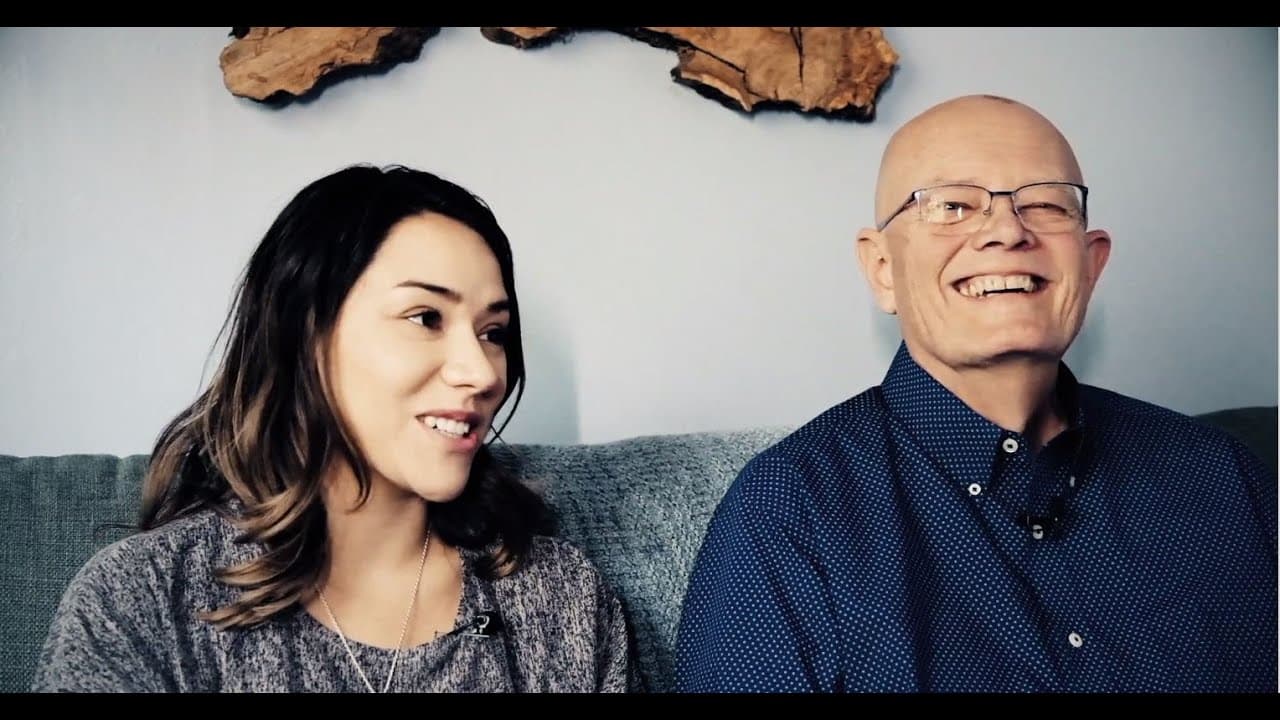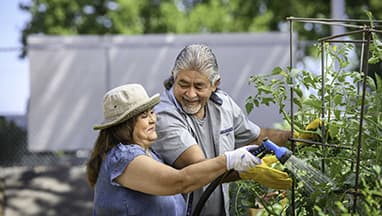Transplant Donor Surgery
Jack and Amanda describe the incredible impact of a life-saving organ transplant through living donation. Along with answering questions about the process with Presbyterian Transplant Services, Amanda describes her relationship with Jack, who she donated one of her kidneys to. To her, becoming a living kidney donor was the easiest decision she's ever made, saying, "I need Jack more than I need my kidney."

Clinics & Facilities
Transplant Services in Albuquerque at Presbyterian Hospital
Our Providers
PMG Provider DirectoryOur transplant team consists of a multidisciplinary panel of surgeons, physicians, nurses, social workers, transplant coordinators, and donor advocates.



